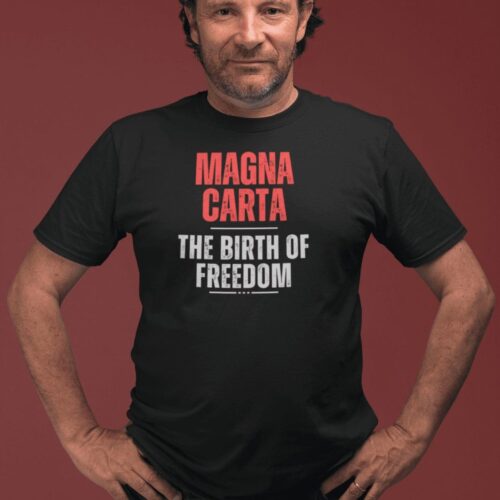While King John is frequently remembered as one of England’s most controversial monarchs, the Magna Carta stands as a monumental achievement in the quest for justice and individual liberties.

King John, born in 1166, was the youngest son of Henry II and Eleanor of Aquitaine. He was a member of the Plantagenet dynasty, a family that would wield significant influence over England for generations. Although not initially destined for the throne, fate had other plans.
Ascension to the Throne: The Unlikely King
John’s elder brother, Richard the Lionheart, was the one who initially took the reins of power. However, Richard spent little time in England, being more enamoured with his military campaigns during the Crusades. Upon Richard’s death in 1199, John ascended to the throne, despite the cloud of controversy that surrounded his claim. His ascension was a pivotal moment in medieval English history, setting the stage for years of internal strife and political upheaval.
The Complex Personality of King John
To say that King John had a complex personality would be an understatement. He was known for his cunning, pettiness, and at times, outright cruelty. These traits did not endear him to his subjects or the nobility. His rule was marked by a series of failures and conflicts, which only served to tarnish the Plantagenet name.
Controversial Decisions and Failed Campaigns
King John’s reign was fraught with military failures, most notably the loss of Normandy to the French King Philip II. This loss was a significant blow to English prestige and led to increased taxation, further alienating him from his barons. His decision to levy scutage, a form of tax, was particularly unpopular and became a long-lasting point of contention.
Strained Relations with the Church and Barons
John’s relationship with the Church was equally tumultuous. His disputes with Pope Innocent III led to his excommunication and placed England under an interdict. This religious censure further strained his relations with the English barons, setting the stage for the revolutionary changes that the Magna Carta would soon bring.
As we navigate through this complex period in medieval English history, it becomes clear that John was a deeply flawed individual, whose actions inadvertently paved the way for a document that would change the world.
The Road to Runnymede: The Events That Led to the Magna Carta
The Loss of Normandy: A Blow to English Prestige
One of the most significant failures of King John’s reign was the loss of Normandy to King Philip II of France in 1204. This military debacle was not just a territorial loss; it was a blow to the very prestige of the English crown. The loss of Normandy led to a series of events that would eventually culminate in the drafting of the Magna Carta.
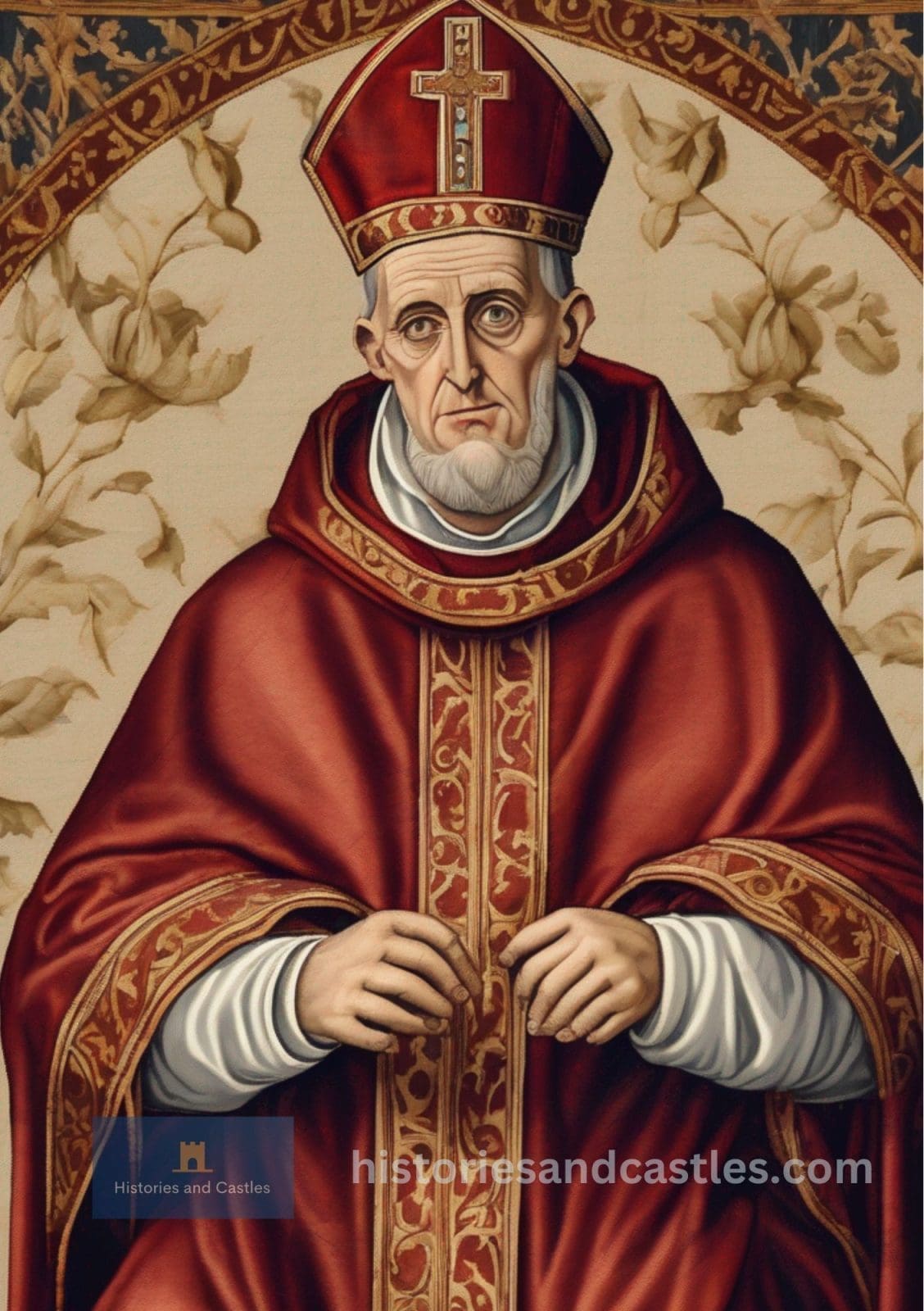
Heavy Taxation and the Seeds of Discontent
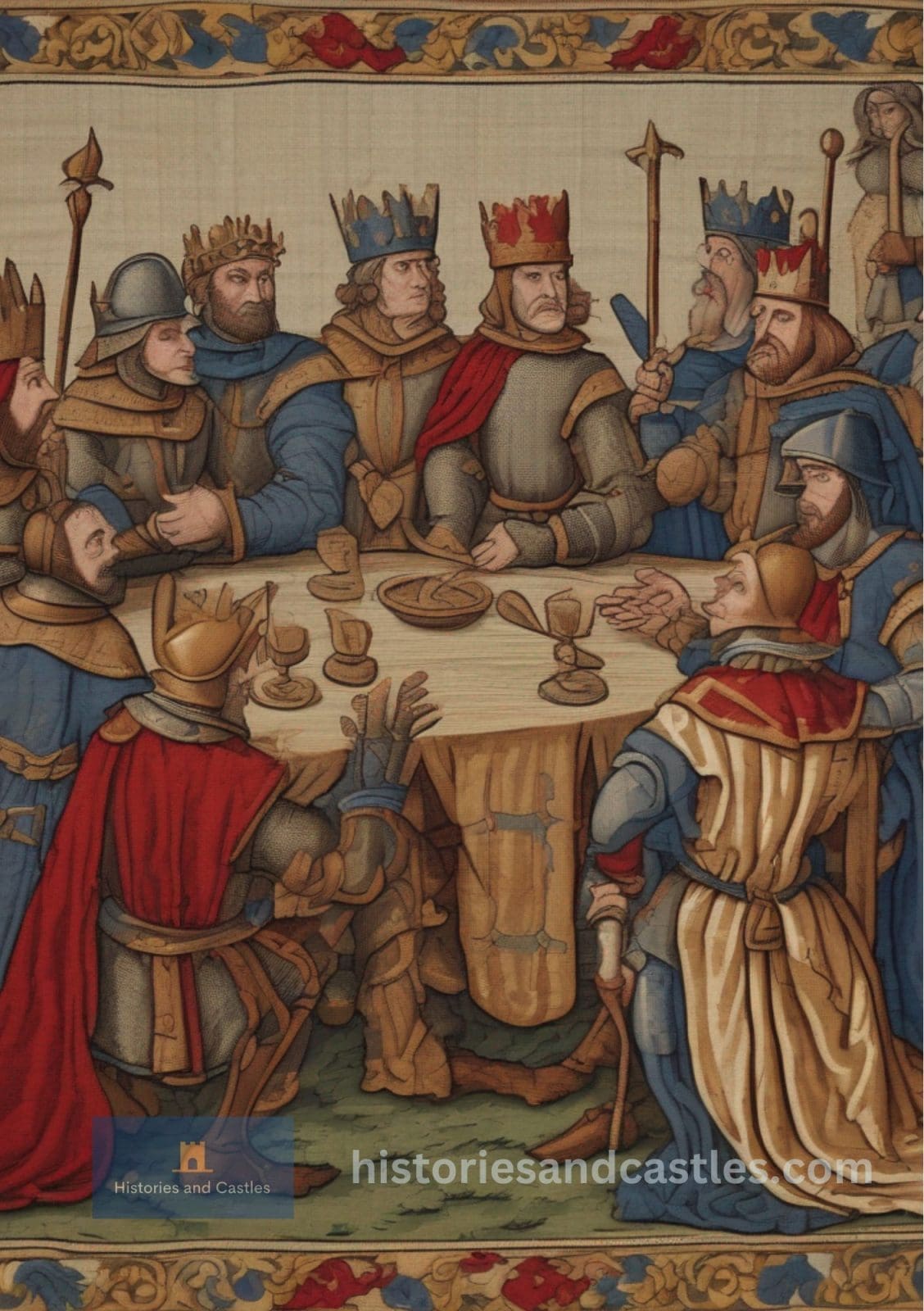
To recover from the loss of Normandy, King John imposed heavy taxes on his subjects, including the much-hated scutage. This form of taxation was not only burdensome but also lacked the consent of the governed, a principle that would later be enshrined in the Magna Carta. The barons, already disillusioned with John’s rule, found this to be the last straw, sparking widespread discontent.
The Church and Excommunication: A Tumultuous Relationship
King John’s relationship with the Church reached a breaking point when he refused to accept the Pope’s appointment of Stephen Langton as the Archbishop of Canterbury. This led to his excommunication and the imposition of an interdict on England. The Church’s actions further isolated John, making him an even more divisive figure in the eyes of the barons and the general populace.
The Barons’ Rebellion: The Catalyst for Change
By 1215, the barons had had enough. Their grievances against King John’s arbitrary rule, heavy taxation, and disregard for traditional privileges led to open rebellion. This was the catalyst that brought both parties to Runnymede, a meadow by the River Thames, where history would be made.
What is the Magna Carta? The Genesis of a Revolutionary Document
The Magna Carta, Latin for “Great Charter,” was sealed by King John on 15th June 1215 at Runnymede. Initially intended as a peace treaty between the king and his rebellious barons, it evolved into a foundational document that laid down laws limiting the king’s power and protecting the barons’ rights. It was a revolutionary step in the long journey towards constitutional governance.
Key Clauses: The Pillars of Liberty and Justice
The Magna Carta consisted of 63 clauses, many of which have been revised or omitted over time. However, some key clauses have stood the test of time. For instance, Clause 39, which states that “no free man shall be seized or imprisoned…except by the lawful judgment of his equals or by the law of the land,” laid the groundwork for the concept of due process. Another significant clause was Clause 12, which stipulated that “no scutage or aid may be levied in our kingdom without its general consent,” essentially laying the foundation for the principle of “no taxation without representation.”
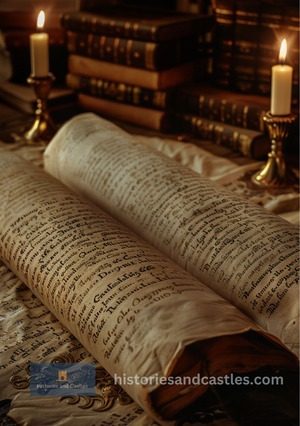
The Immediate Impact: A Short-Lived Peace
The Magna Carta was far from a perfect solution. King John had no intention of honouring it and sought annulment from Pope Innocent III. This led to the First Barons’ War, a civil conflict that further destabilised England. However, the Magna Carta was reissued under John’s son, King Henry III, and its principles gradually gained acceptance.
The Magna Carta and English Common Law: A Lasting Influence
The Magna Carta’s principles were gradually incorporated into English common law, the legal system that has had a profound impact on many other jurisdictions. Clauses like “due process” and “no taxation without representation” became cornerstones of legal systems worldwide, shaping the concept of individual rights and the rule of law.
The Birth of Constitutional Monarchies: A Blueprint for Governance
The Magna Carta also played a pivotal role in the development of constitutional monarchies. By limiting the power of the king and establishing a system of checks and balances, it laid the groundwork for future forms of governance where the monarch’s powers are regulated by a constitution.
The Magna Carta in the Modern Democratic World: An Enduring Legacy
The principles enshrined in the Magna Carta have transcended their medieval origins to become fundamental tenets of modern democratic societies. From the United States Constitution to the Universal Declaration of Human Rights, the influence of the Magna Carta can be seen in various landmark documents that have shaped human history.
Attempts to Annul the Magna Carta: A King’s Reluctance
King John was never fully committed to the principles of the Magna Carta. Almost immediately after its sealing, he sought to have it annulled by Pope Innocent III. The Pope obliged, declaring the charter null and void, which led to the First Barons’ War. This conflict further tarnished John’s reputation and weakened his hold on the throne.
The First Barons’ War: A Kingdom in Turmoil
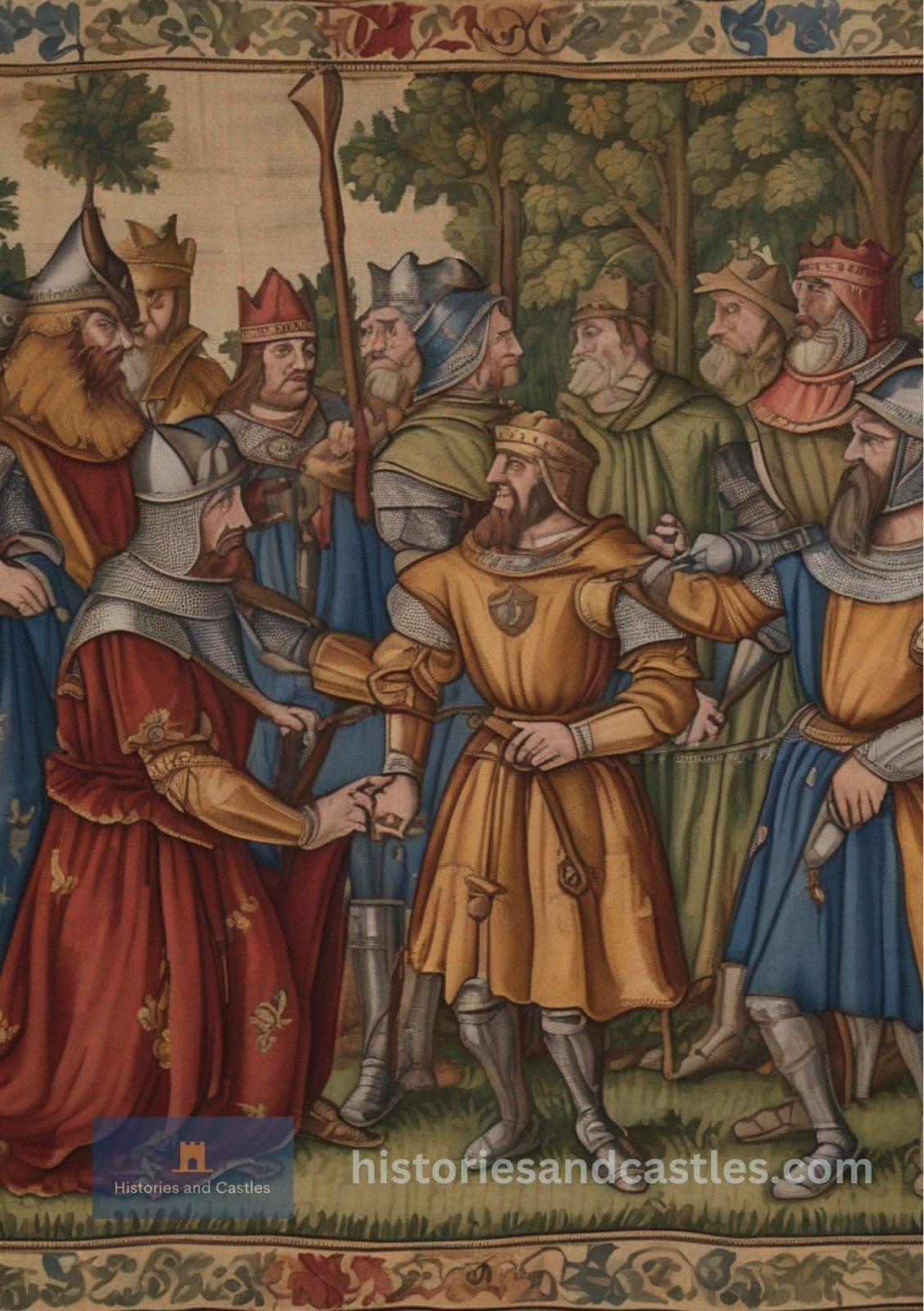
The annulment of the Magna Carta led to open rebellion, known as the First Barons’ War. The conflict was a low point in John’s reign, marked by failed military campaigns and a lack of decisive victories. It was during this period that the legend of Robin Hood, a symbol of resistance against John’s tyranny, gained popularity.
Death and Succession: The End of a Troubled Reign
King John died in October 1216, leaving a kingdom in chaos. His nine-year-old son, Henry III, succeeded him. The Magna Carta was reissued under Henry, with some modifications, and gradually gained more acceptance as a cornerstone of English governance.
King John’s Complex Legacy: A Man and His Unintended Consequences
While King John is often remembered for his failures and tyrannical rule, his reign had an unintended but significant impact: the Magna Carta. This document, initially a product of baronial resistance, became a cornerstone in the development of constitutional governance and individual liberties.
Limited Direct Impact: A Document for the English?
Initially, the Magna Carta was an English document, aimed at resolving issues between the English king and his barons. As such, its direct impact on Wales was limited at first. However, as the principles of the Magna Carta gained broader acceptance, its influence began to seep into Welsh governance, particularly after the conquest of Wales by Edward I.
The Statute of Rhuddlan: A Step Towards Integration
After the conquest of Wales, the Statute of Rhuddlan in 1284 integrated Wales into the English legal system. While not a direct descendant of the Magna Carta, the statute was influenced by its principles, particularly those related to legal governance and the administration of justice.
A Summary of King John’s Complex Legacy
King John may be remembered as one of England’s most controversial monarchs, but his reign led to the creation of the Magna Carta, a document that has had a far-reaching impact on governance and individual liberties. While he may not have been a beloved king, his actions inadvertently paved the way for a charter that would change the world.
The Magna Carta’s Timeless Principles
The principles enshrined in the Magna Carta, such as “due process” and “no taxation without representation,” have transcended their medieval origins. They have become foundational tenets in modern democratic societies and have influenced landmark documents like the United States Constitution and the Universal Declaration of Human Rights.
Final Thoughts: A Living Document
The Magna Carta is not just a relic of the past; it’s a living document that continues to inspire and guide us today. Its principles are as relevant now as they were over 800 years ago, proving that even in the most turbulent times, the quest for justice and equality endures.
You might like one of these t-shirts
-
Magna Carta T-Shirt: Power to the People
Price range: £19.10 through £35.86 -
Magna Carta T-Shirt: The Birth of Freedom
Price range: £19.99 through £35.99 -
Magna Carta T-Shirt: The Foundation of Democracy
Price range: £19.99 through £35.99
Discover more from Histories and Castles
Subscribe to get the latest posts sent to your email.



